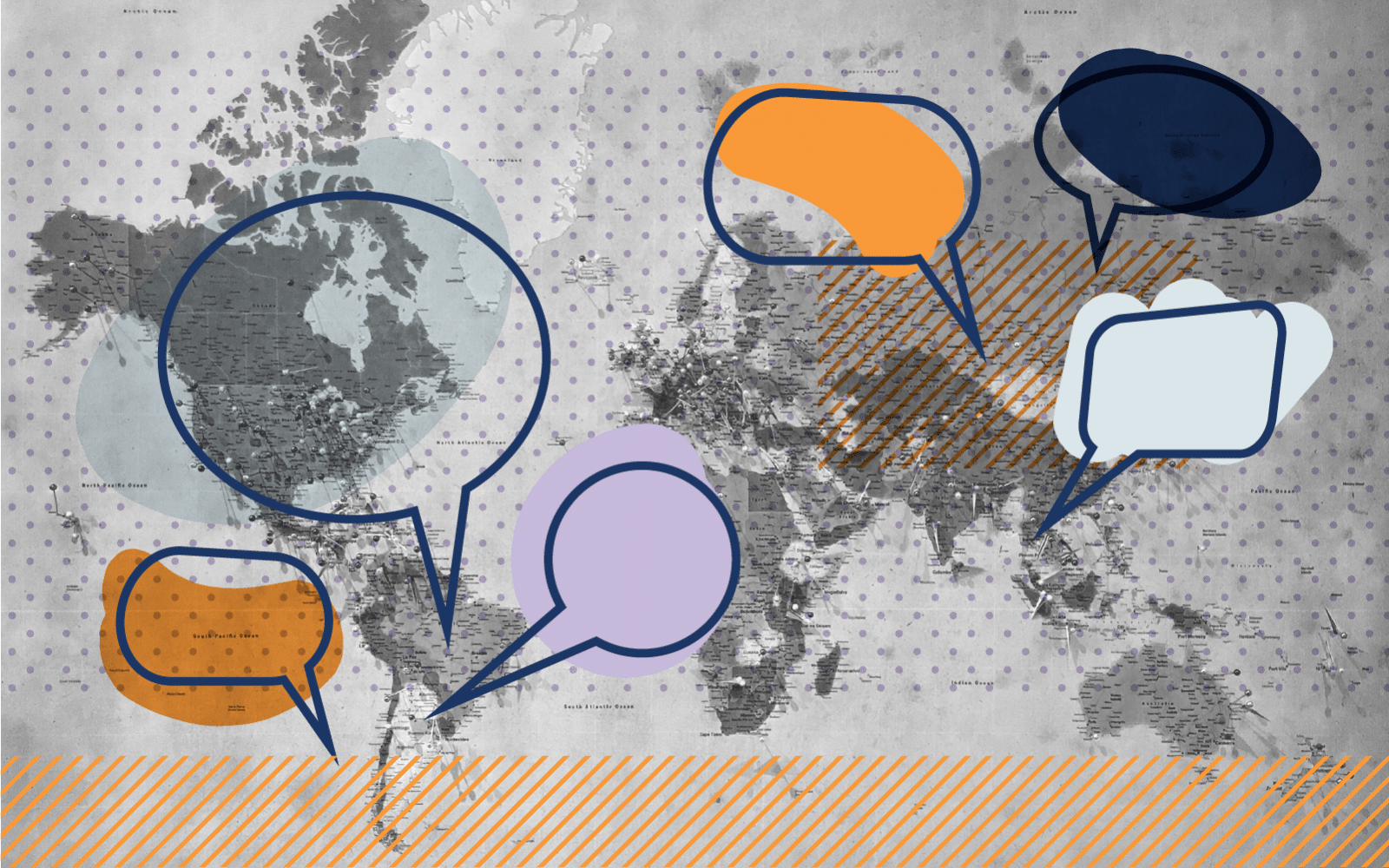It’s safe to say that systems are changing thanks to the recent passage of the Affordable Health Care for America Act in the United States. Meanwhile, Ashoka Fellow Rebecca Onie is changing the health care systems from within by redefining the criteria used to define health and ensuring that patients’ resource needs are regularly and systematically addressed as a fundamental component of their patient care.
As a sophomore in college Rebecca Onie founded Project HEALTH, a student-led initiative aiming to provide pediatricians with a way to expand their diagnoses to include the unmet resource needs that affect the health of children living in poverty. She created “Family Help Desk Clinics” in urban medical centers and staffed them with creative and energetic undergraduate volunteers. The program – now 14 years old – trains these volunteers to help vulnerable families fill doctors’ “prescriptions” for basic needs such as food, housing, and childcare.
Physicians and Family Help Desk volunteers team up with low income families to help them stabilize and improve their lives, achieve upward mobility through education and job training, and change the outlook for the health and well-being of their children. Together, they connect families in need with pediatric outpatient clinics, newborn nurseries, adolescent clinics, ob/gyn clinics, pediatric emergency rooms, and community health centers.
Check out this video about Rebecca Onie and Project HEALTH:
There are a lot of really exciting things about Rebecca’s model, but I’m going to highlight three.
1. Root Causes: At the heart of the Project HEALTH model is a deeper understanding of the root causes of poor health – often long-term systemic issues associated with poverty and a lack of access to basic resources – not just the immediate causes of the specific health problem presented at the clinic.
2. Building Together: Project HEALTH works within the existing medical system – in urban medical clinics – to target the patients most in need and provide easy access to comprehensive and well-integrated support in one stop.
3. Resources: Project HEALTH capitalizes on an underutilized resource in the health field – smart and motivated undergraduate volunteers that can provide valuable services to doctors and patients without needing years of medical training.
While Project HEALTH isn’t specifically focused on maternal health, I think these points are very relevant to the field (and many others), both in the US and internationally. In the movement to decrease maternal morbidity and mortality, we have to think holistically about the problems and address their root causes. We have to work together to strategically make more robust access to comprehensive care. And we have to harness our resources to build a movement of future leaders that will creatively and energetically carry the field. We have to recognize and grow the potential of people with many backgrounds – not just medical backgrounds – to take part.
Rebecca is among a cohort of Fellows interested in hosting and mentoring a Young Champion of Maternal Health.
